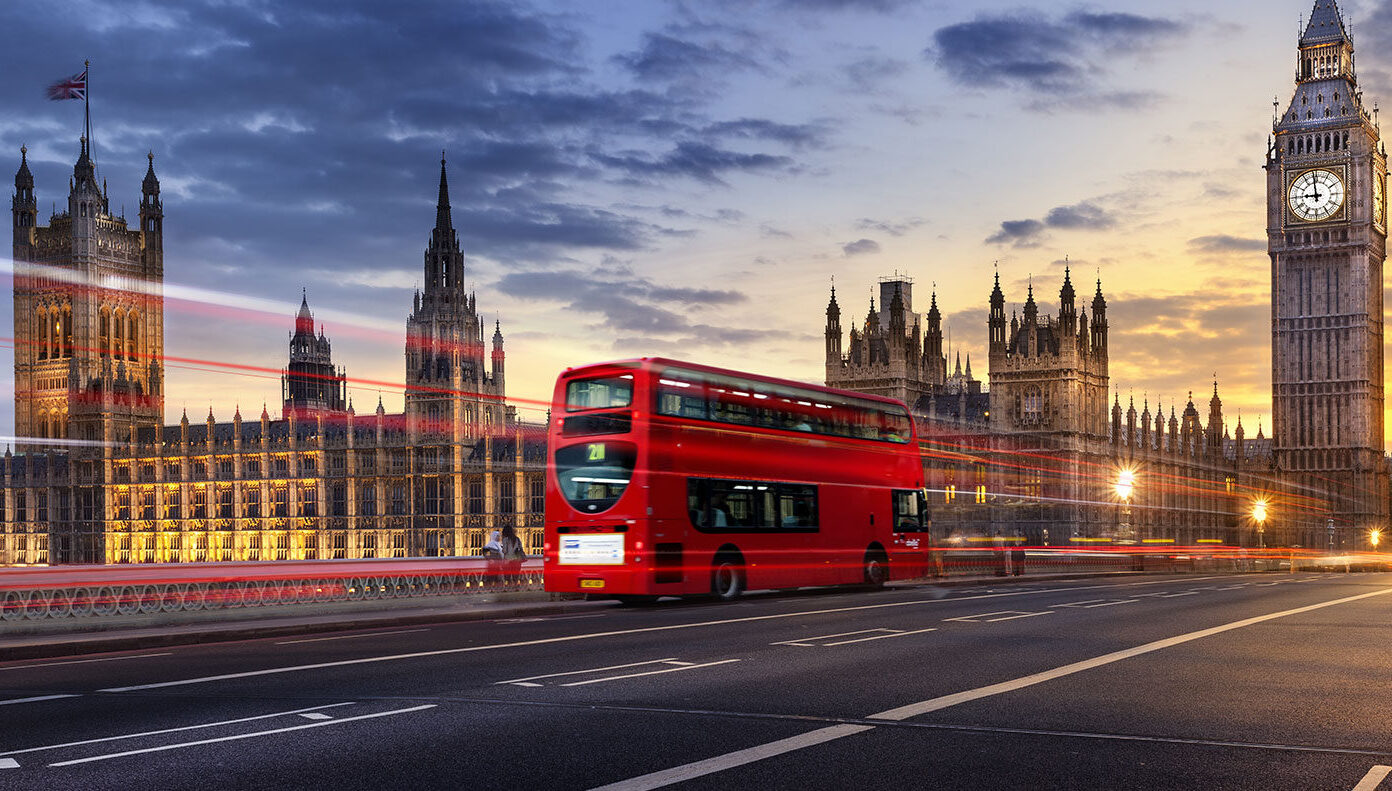| All | Blog | Videos | Webinars |

What’s new?
Update: 28 January 2022
On 27 January 2022, the Bill began the committee stage in the House of Lords.
This followed the completion of the Bill’s First and Second Reading in the House of Lords.
The committee stage will last for five days and will give members of the House the opportunity to table amendments.
We will keep you updated on the status of this Bill.
Update: 8 December 2021
The Nationality and Borders Bill was passed by the House of Commons with 298 votes in support and 231 against. The government led with a majority of 67 votes.
We will keep you updated on the status of this new bill.
What is the Nationality and Borders Bill?
The Nationality and Borders Bill is the government’s attempt to fix the current asylum system. The Bill seeks to achieve three objectives:
- To make the system fairer and more effective so that those in genuine need of asylum have better access and protection.
- To deter illegal entry into the UK.
- To remove those with no right to be in the UK.
When was it introduced?
The Bill was introduced to the House of Commons on 6th July 2021. It has since gone through the first and second reading stages, the committee stage and most recently the reporting stage. Click here to stay updated.
Why is it being introduced?
The asylum system has been considered broken for many reasons. In an attempt to fix the system, the government wants a new, “fairer” system whilst maintaining, “our moral and legal obligations to help innocent people fleeing cruelty from around the world”.
The Bill’s structure
The Bill has six parts and five schedules.
| Part 1 | Part 2 | Part 3 | Part 4 | Part 5 | Part 6 |
|---|---|---|---|---|---|
| Nationality (Clauses 1-9) | Asylum (Clauses 10-36) | Immigration Offences and Enforcement (Clauses 37- 45) | Modern Slavey (Clauses 46-57) | Miscellaneous (Clauses 58-65) | General (Clauses 66-71) |
| Schedule 1 | Waiver of requirement of presence in UK etc |
|---|---|
| Schedule 2 | Expedited appeals where priority removal notice served: consequential amendments |
| Schedule 3 | Removal of asylum seeker to safe country |
| Schedule 4 | Penalty for failure to secure goods vehicle etc |
| Schedule 5 | Maritime enforcement |
Routes and Measures
The government has produced factsheets that detail routes and measures contained in the Nationality and Borders Bill.
Those with BN(O) status and their eligible family members can apply to live, study and work in the UK. After five years, they will be able to apply for settlement and then citizenship after an extra 12 months.
The Nationality and Borders Bill will not change any existing rights against being deprived of their citizenship. However, it will allow the Home Office to remove somebody’s status as a British Citizen without notification.
For context, removing someone’s British Citizenship is a last resort act against dangerous people who pose a risk to UK society. It is a rare act and does come with the right to appeal. This power was introduced by the 1914 British Nationality and Status of Aliens Act and is also within the British Nationality Act 1981.
This Bill will confirm temporary leave to remain for slavery victims and will grant this status to those even without immigration status. The aim of this is to support and help victims recover from their exploitation. The entitlements provided to victims will be based on their needs, making the system fair.
The government is wanting to strengthen the safe routes available into the UK. This is to stop people putting their lives in the hands of people-smugglers.
There are currently seven safe and legal routes that can be taken:
- UK Resettlement Scheme.
- Community Sponsorship Scheme.
- Mandate Resettlement Scheme.
- Refugee Family Reunion.
- Afghan Citizens Resettlement Scheme.
- Afghan Relocations and Assistance Policy.
- Immigration Route for British National (Overseas) status holders from Hong Kong.
The UK will now treat refugees differently according to how they came into the country. They will be split into either ‘travelled by safe and legal routes’ or ‘travelled to the UK instead of stopping off in the first safe country on their journey’.
The aim is to discourage asylum seekers from entering the UK unless they have come by safe and legal means. The Secretary of State will be allowed to use their discretion and make decisions on a case-by-case basis.
The Bill will remove the requirement to prove gain, allowing the Home Office to charge more people for the arrival of asylum seekers into the UK. Criminal sentences for those attempting to enter the country illegally and overstaying their visa will be raised from 6 months to 4 years.
Note: This offence does not apply to persons acting on behalf of an organisation which aims to save lives at sea (and does not charge for its services).
Section 77 of the Nationality, Immigration and Asylum Act of 2002 will be amended to make it easier to remove someone to a safe third country without the need for an issue certificate.
It will now be possible to remove somebody whilst their asylum claim is pending (if within the UK’s international guidelines). This will also support allowing asylum claims to be processed from outside of the UK or within a different country entirely in the future.
There are significant delays regarding the removal or deportation of persons from the UK. The Bill will confirm the allowance of removing people (including criminals) to a safe third country. It will also introduce expedited processes that will allow the rapid removal of those with no right to be within the country.
The Bill will allow the UK Border Force to stop and redirect vessels suspected of carrying illegal migrants out of UK seas, or return them to where their sea journey began. Their new powers will also allow them to seize the vessels and search proactively unaccompanied containers where illegal migrants may be hiding.





